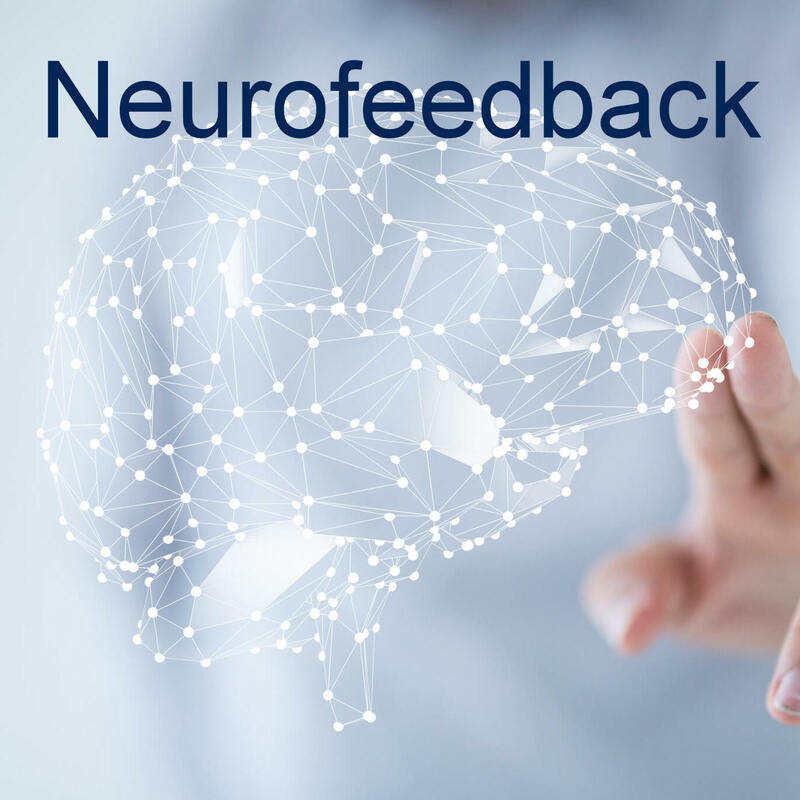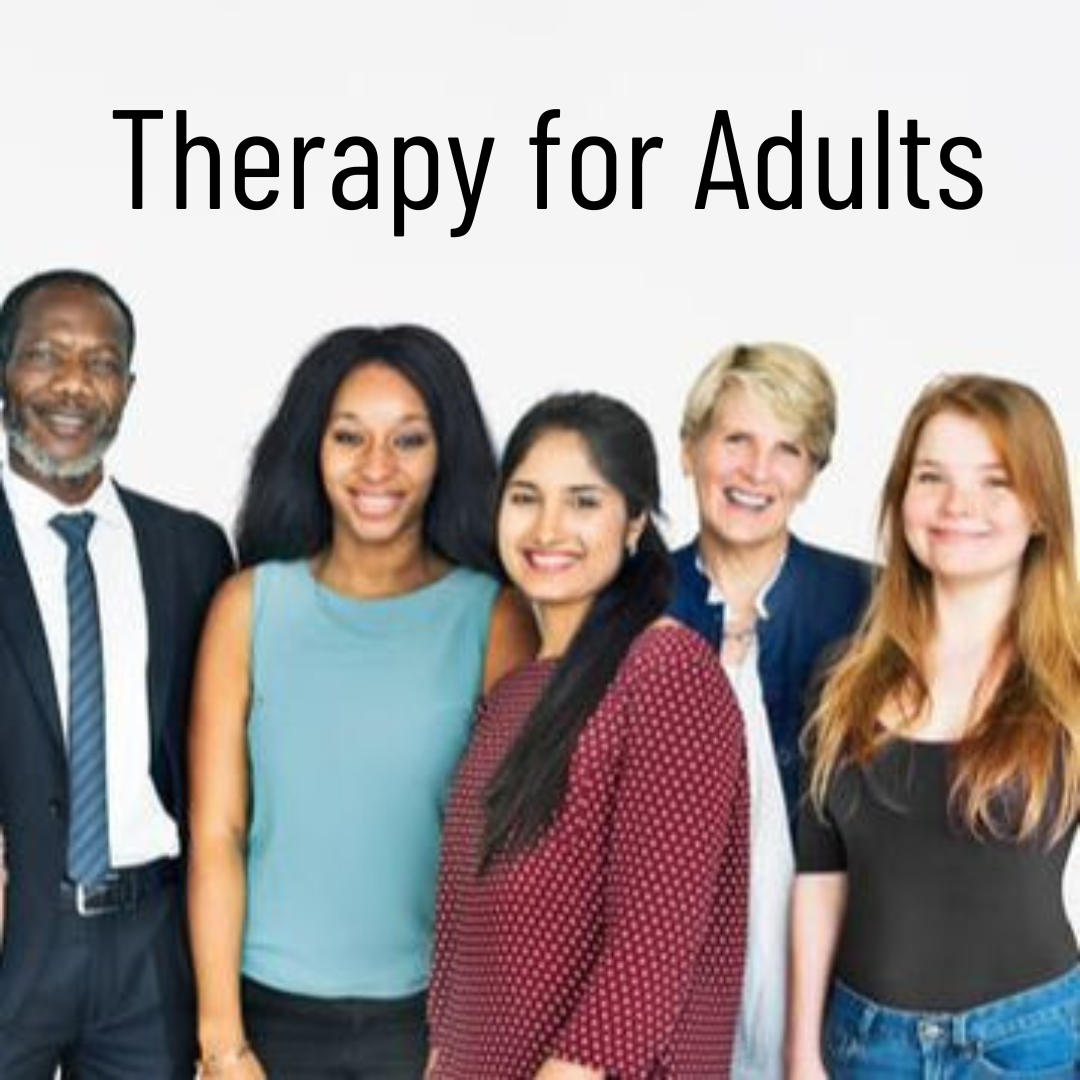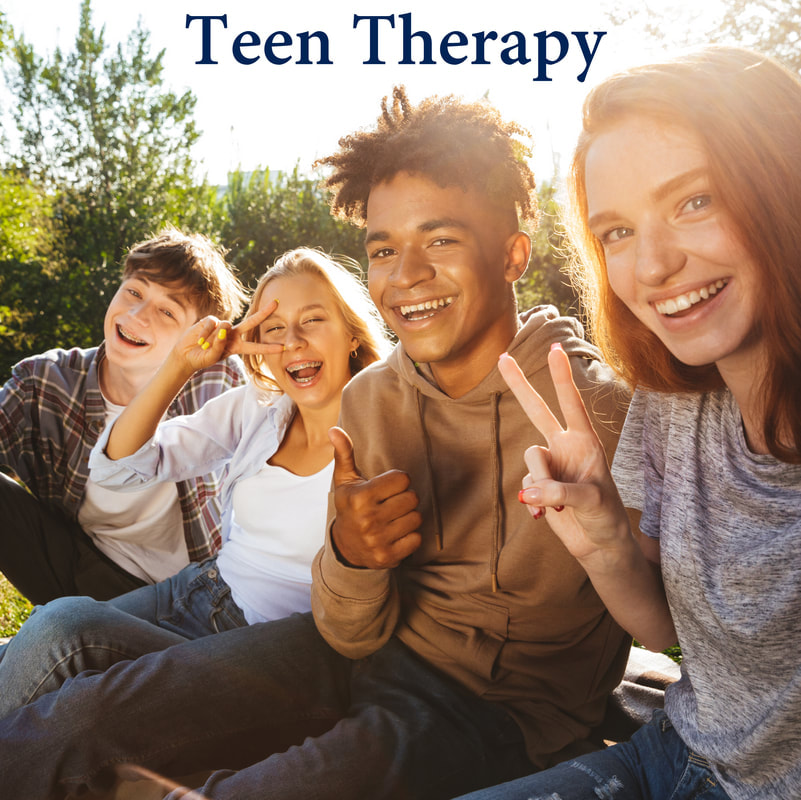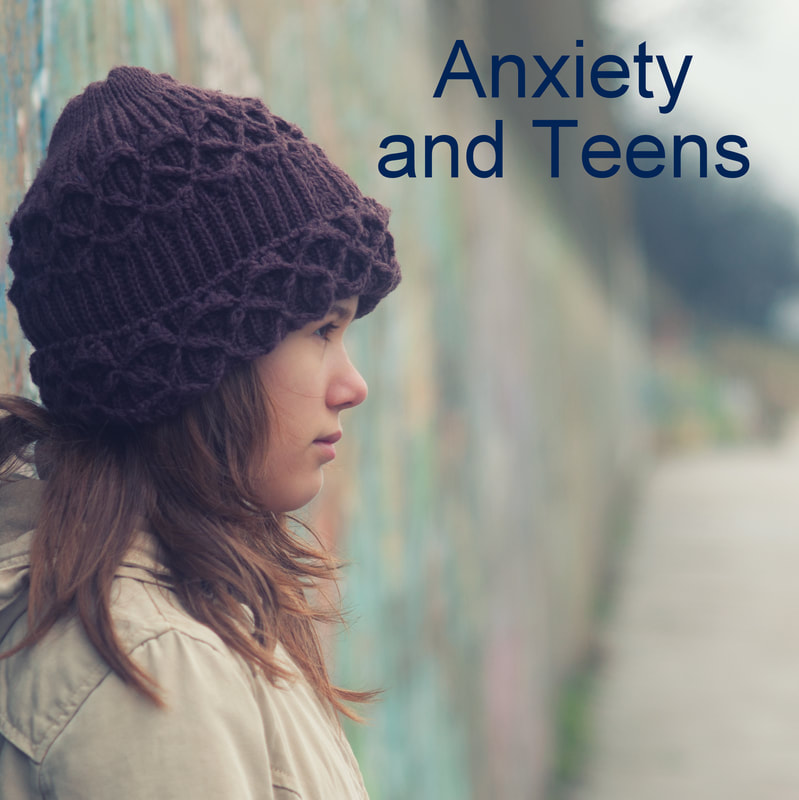|
By Melissa Laks, LMSW Grounding is an effective way to calm anxiety symptoms. It is a self-soothing tool that you can use when you are having a bad day or dealing with a lot of stress and anxiety. The purpose of grounding techniques allows you to step away from negative thoughts, worries, and feelings and helps keep you in the present and focus on what is going on in the here-and-now. By focusing on the present surroundings, you can become more aware of your safe surroundings and start to feel calmer. In this first grounding process, you identify objects around you to help your brain recognize where you are and that you are in a safe space. This first technique is called the the 54321 method. Take a deep breath, look around you, and identify
Taste is sometimes hard to identify, so you could substitute that by thinking of your favorite thing to taste, or you can name one thing you like about yourself. As your mind starts to focus on these things around you, it will be less focused on worries and stressors. This will help slow your heart rate, and control your breathing, which then will help make you feel better overall. This tool is also great for children! Another technique is playing a game with yourself. You can get your mind off anxiety symptoms by asking yourself a question that has a multitude of answers and forces you to remain focused for several seconds. For example:
A third technique is using your fingers to breath in and out. Run anyone of your left fingers up and down your right thumb slowly. When you go up, breathe in. When you go down, breathe out. Then move to your pointer, your middle finger, your ring finger, and your pinky. When you are done, switch hands. This techniques can be practiced almost anywhre as it is subtle and quiet. It is important to practice grounding techniques daily. You can practice grounding techniques when taking a shower, eating a meal, going on a walk, or before bed. The more you practice grounding techniques the more comfortable you will feel using them when symptoms of anxiety and stress start to appear. Grounding is a useful tool for staying focused and not allowing anxiety to take full control. With the help of grounding, you can learn to better cope with anxiety. Remember that most worries take place in the future, meaning we are worried about what will happen, or in the past, when we are triggered by memories of what has happened. Often what is happening right now is safe and even something that we want to be more more mentally available for. Over time, with practice it will be easier to be present.
0 Comments
Leave a Reply. |
Archives
October 2023
Categories
All
|



















